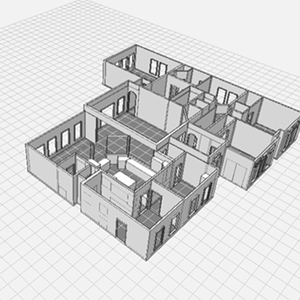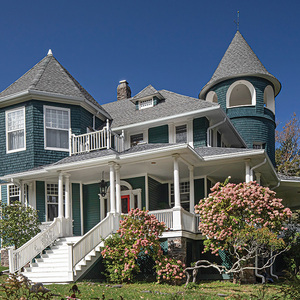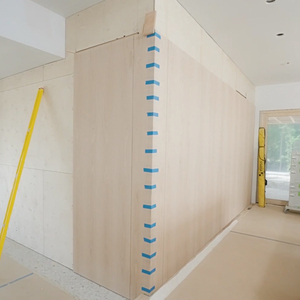I’m looking at some info about a water heater from a company called Polaris. It’s designed to provide hot water and space heat for a radiant floor system. The supplier is a company called Radiantec from Vermont, selling radiant heat components and systems direct to builders and homeowners.
The info claims 94% efficiency for this heater, better than a boiler because of the lower operating temperature. I’m wondering if these claims ring true, and if anyone has experience with either the heater or the supplier.



















Replies
Sure, you can get 93% or 94% efficient water heaters. Sometimes you have to go that route because of difficulty routing the fuel gas ductwork. These units are so efficient the exhaust is cool enough to duct through 3" PVC.
But the blower must run for the unit to fire so in a power failure you have no heat (unless you hot-wire from a generator or invertor). And my bigger complaint (because of the false advertising involved) is that they look at fuel in and hot water out without factoring in the electrical input and its greater cost per unit of energy.
Even with that, you definitely save fuel and money with these high-efficiency units. But do you save enough? If your payback is less than 7 years, great. But when you have payback periods of 20 years or more, forget it. Put the $2300 cost less 200 to 500 for a standard HWH in a money market account. That said, when you use a HWH to also heat your house (as I do in my own house), your use it a lot more and payback comes a lot sooner.
Thanks. I'd be using the unit for both heat and hot water, and the cost is about $1900, so it seems the payback would be worthwhile. What I'm really asking though is it a more efficient unit than a traditional boiler, i.e. a Buderus or Weil-Martin. Your point about the blower is a good one. I'll have to check to see if the powervent is required. My current house has one and my one complaint is the noise.
Dan: I'm almost certain the vent blower is required becauase you get better heat exchange with forced air than with convective flow through the heat exchanger (as in a standard HWH or furnace). I haven't installed one but when I've seen them operating in people's houses, they are noisey. Whereas some of those bolt-on power vents (that allow you to vent ####HWH horizontally) make a racket.
A good furnace is in the mid to high 80's% efficiency. So you could figure the Polaris unit consumes 5-10% less fuel but XX watts more electricity. I'm curious what wattage the unit's blower is. Post that and the BTU/hour and your energy costs and I can calculate the true operating cost efficiency of the Polaris.
David Thomas Overlooking Cook Inlet in Kenai, Alaska